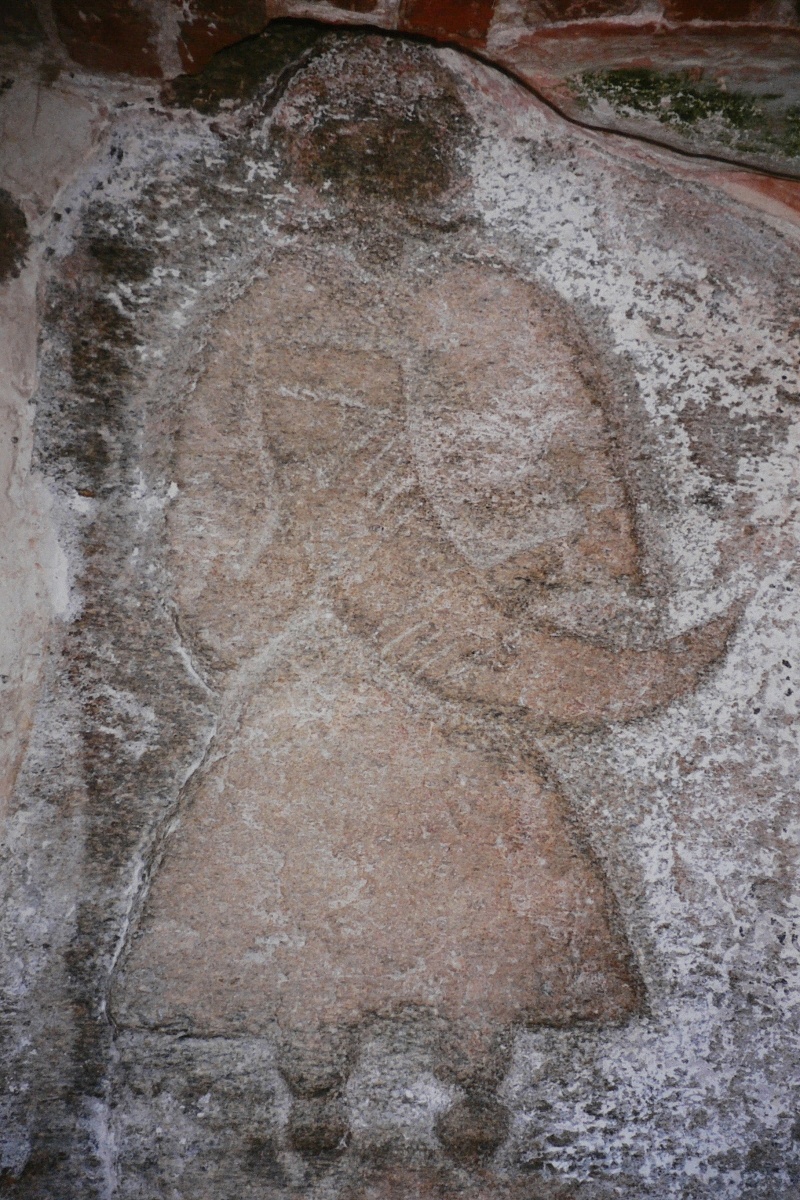|
Zois (mythology)
Zois is a martyr in wendish mythology, probably a reference to the obotrite king Stois or Stoigar, who was beheaded by emperor Otto the Great Otto I (23 November 912 – 7 May 973), traditionally known as Otto the Great (german: Otto der Große, it, Ottone il Grande), was East Frankish king from 936 and Holy Roman Emperor from 962 until his death in 973. He was the oldest son of Henr .... References *Ingeman, B. S. Grundtræk til En Nord-Slavisk og Vendisk Gudelære. Copenhagen 1824. Slavic mythology {{europe-myth-stub ... [...More Info...] [...Related Items...] OR: [Wikipedia] [Google] [Baidu] |
Martyr
A martyr (, ''mártys'', "witness", or , ''marturia'', stem , ''martyr-'') is someone who suffers persecution and death for advocating, renouncing, or refusing to renounce or advocate, a religious belief or other cause as demanded by an external party. In the martyrdom narrative of the remembering community, this refusal to comply with the presented demands results in the punishment or execution of an actor by an alleged oppressor. Accordingly, the status of the 'martyr' can be considered a posthumous title as a reward for those who are considered worthy of the concept of martyrdom by the living, regardless of any attempts by the deceased to control how they will be remembered in advance. Insofar, the martyr is a relational figure of a society's boundary work that is produced by collective memory. Originally applied only to those who suffered for their religious beliefs, the term has come to be used in connection with people killed for a political cause. Most martyrs are consid ... [...More Info...] [...Related Items...] OR: [Wikipedia] [Google] [Baidu] |
Wendish Mythology
Slavic mythology or Slavic religion is the religious beliefs, myths, and ritual practices of the Slavs before Christianisation, which occurred at various stages between the 8th and the 13th century. The South Slavs, who likely settled in the Balkan Peninsula during the 6th–7th centuries AD, bordering with the Byzantine Empire to the south, came under the sphere of influence of Eastern Christianity, beginning with the creation of writing systems for Slavic languages (first Glagolitic, and then Cyrillic script) in 855 by the brothers Saints Cyril and Methodius and the adoption of Christianity in Bulgaria in 863. The East Slavs followed with the official adoption in 988 by Vladimir the Great of Kievan Rus'. The West Slavs' process of Christianization was more gradual and complicated. The Moravians accepted Christianity as early as 831, the Bohemian dukes followed in 845, Slovaks accepted Christianity somewhere between the years 828 and 863, but the Poles accepted it much later ... [...More Info...] [...Related Items...] OR: [Wikipedia] [Google] [Baidu] |
Obotrite
The Obotrites ( la, Obotriti, Abodritorum, Abodritos…) or Obodrites, also spelled Abodrites (german: Abodriten), were a confederation of medieval West Slavic tribes within the territory of modern Mecklenburg and Holstein in northern Germany (see Polabian Slavs). For decades, they were allies of Charlemagne in his wars against the Germanic Saxons and the Slavic Veleti. The Obotrites under Prince Thrasco defeated the Saxons in the Battle of Bornhöved (798). The still heathen Saxons were dispersed by the emperor, and the part of their former land in Holstein north of Elbe was awarded to the Obotrites in 804, as a reward for their victory. This however was soon reverted through an invasion of the Danes. The Obotrite regnal style was abolished in 1167, when Pribislav was restored to power by Duke Henry the Lion, as Prince of Mecklenburg, thereby founding the German House of Mecklenburg. Obotritic confederation The Bavarian Geographer, an anonymous medieval document compiled in ... [...More Info...] [...Related Items...] OR: [Wikipedia] [Google] [Baidu] |
Otto The Great
Otto I (23 November 912 – 7 May 973), traditionally known as Otto the Great (german: Otto der Große, it, Ottone il Grande), was East Frankish king from 936 and Holy Roman Emperor from 962 until his death in 973. He was the oldest son of Henry the Fowler and Matilda of Ringelheim. Otto inherited the Duchy of Saxony and the kingship of the Germans upon his father's death in 936. He continued his father's work of unifying all German tribes into a single kingdom and greatly expanded the king's powers at the expense of the aristocracy. Through strategic marriages and personal appointments, Otto installed members of his family in the kingdom's most important duchies. This reduced the various dukes, who had previously been co-equals with the king, to royal subjects under his authority. Otto transformed the church in Germany to strengthen royal authority and subjected its clergy to his personal control. After putting down a brief civil war among the rebellious duchies, Otto defeate ... [...More Info...] [...Related Items...] OR: [Wikipedia] [Google] [Baidu] |


.jpg)